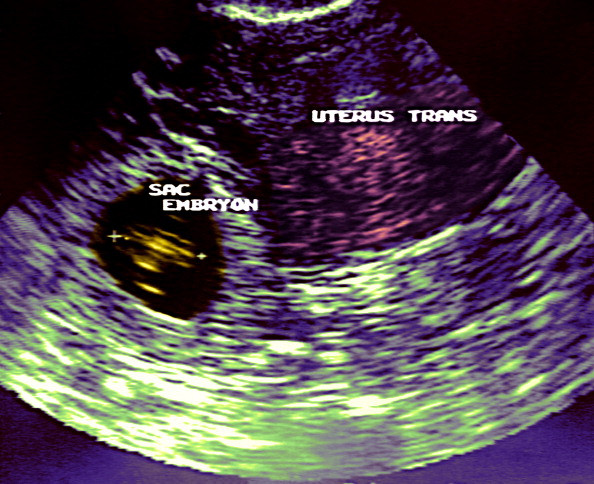India: Abortion law amendments that put lives at risk 'must be redrafted'

Lives of pregnant women in India will be further exposed to risk under the proposed amendments to India's abortion law which forbid termination of pregnancy after 20 weeks of gestation.
An expert writing in BMJ calls for urgent redrafting of the 'controversial' law that forces women to continue the pregnancy even after detecting any foetal abnormality. He warns that it could drive women to illegal terminations with a risk to their lives.
Nikhil Datar, consultant in obstetrics and gynaecology at Cloudnine Group of hospitals & Lifewave Hospital in Mumbai is further concerned by the proposed change to the act suggesting that non-allopathic practitioners and nurses be allowed to terminate pregnancies.
This raises questions "about the quality and safety of abortion services," says Datar.
The second amendment states that for terminations between 20 and 24 weeks' gestation, a woman must fall into one of the government's "categories." But these categories are undefined through what he calls "ambiguously drafted" and "contradictory" words.
Already the arbitrary cut-off period has no rationale and a woman is allowed to terminate her pregnancy only under immediate risks to her life, says Datar.
The law compels women to make ill-informed decisions, argues Datar, explaining that foetal anomalies can be detected around 18 weeks and would take time to be ascertained with tests.
By the time a definitive diagnosis can be made, the pregnancy might well have advanced beyond 20 weeks.
India legalised abortion in 1971 by passing the Medical Termination of Pregnancy (MPT) Act.
The situation is not rosy in developed countries either.
Developed nations lag too
An analysis published in the Journal of Family Planning and Reproductive Health Care says that women in developed countries trying to get an abortion in early pregnancy face poor levels of quality and access to services, besides having to face rude staff.
Despite the surgical procedure being a relatively safe one, there are around four 'unsafe' abortions carried out for every 100 live births in the developed world, according to the World Health Organization (WHO).
Reported rates of opposition to abortion ranged from more than one in three doctors surveyed in rural Idaho, USA to around 1 in 5 family doctors (GPs) in the UK.
The WHO recommends a combination of two drugs for early medical, as opposed to early surgical, abortion - mifepristone and misoprostol - but access to the drugs is limited in many developed nations.
© Copyright IBTimes 2025. All rights reserved.





















